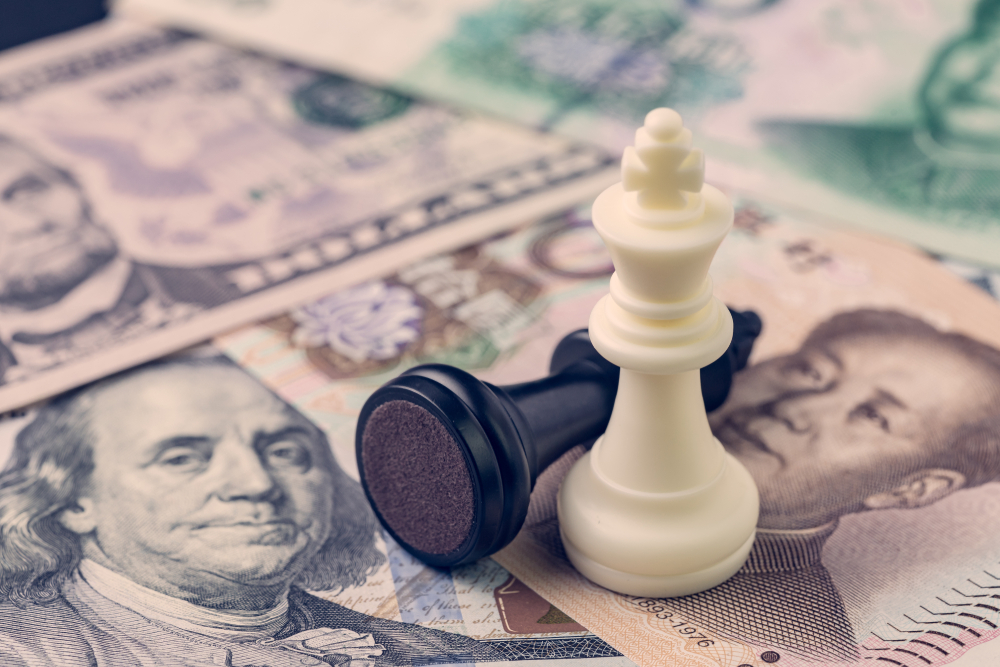Report: China Retracted Commitment to End US IP Theft, Forced Technology Transfers
Before U.S. President Donald Trump announced new 25% tariffs on virtually all goods imported from China on Sunday, the Chinese government was planning to backtrack on all of its previously made commitments to the U.S. government, according to a Reuters report today.
China First to Backtrack On Previous Trade Commitments
According to U.S. government and private sector sources, China was already planning on backtracking on some important commitments it had previously made to the U.S. government before arriving for the new trade negotiations with the U.S. government. The diplomatic cable from China arrived in the U.S. on Friday with many edits to the 150-page draft trade agreement that would have eliminated all the trade progress the two countries made since last year.
China had previously committed to ending U.S. IP theft, as well as ending the practice of forcing technology transfers on U.S. companies that want to do business in China via mandatory 50-50 joint ventures or through other means.
China Would Continue IP Theft, Forced Tech Transfers
According to Reuters’ sources, China has made reversals to its previous commitments in each of the seven chapters of the trade agreement, and it seems it's no longer willing to resolve the complaints over which the U.S. government started the trade war in the first place.
These complaints include: preventing intellectual property and trade secrets theft, ending of forced technology transfer for U.S. companies that want to do business in China, improvements to competition policy, access to financial services and an ending to currency manipulation.
President Trump tweeted on Sunday that he would raise the tariffs on $200 billion worth of goods (including electronics) to 25% from the current 10% and may add the 25% tariffs to an additional $325 billion worth of goods.
All of this, plus the already existing 25% tariff on another $50 billion worth of goods means that almost all of the $540 billion worth of goods being imported from China will have a 25% tariff imposed on them, as soon as this Friday, when the new tariffs will go into effect.
Get Tom's Hardware's best news and in-depth reviews, straight to your inbox.
Lucian Armasu is a Contributing Writer for Tom's Hardware US. He covers software news and the issues surrounding privacy and security.
